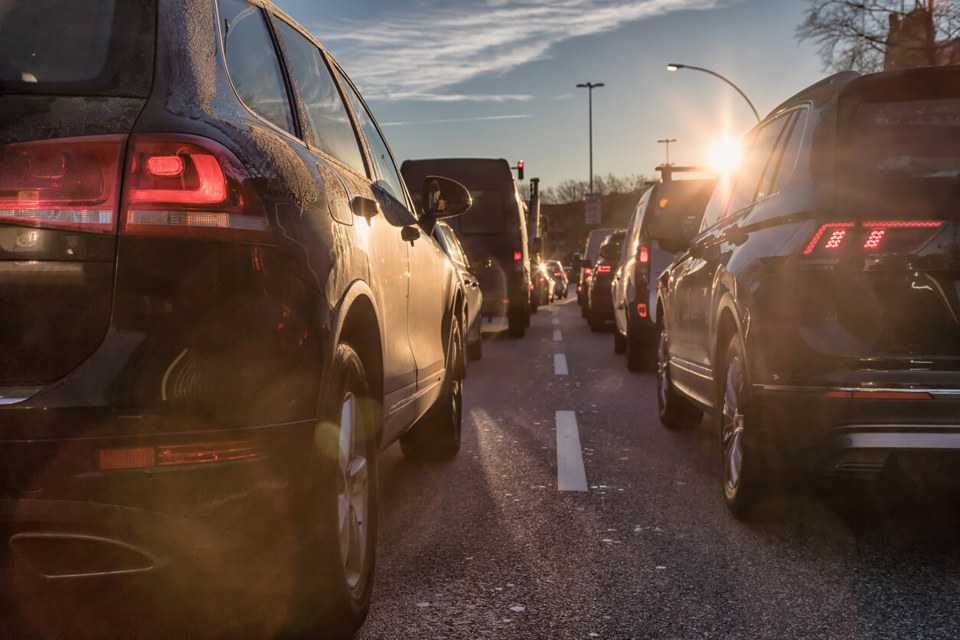Low carbon buses and fuel generated from everyday waste are at the centre of a £30 million Government fund to help reduce emissions from transport.
The plans form part of the Department for Transport's wider strategy to encourage a radical shift to low carbon transport and improve air quality in UK cities.
As part of the funding, local authorities and bus operators will have the opportunity to bid for an additional £10 million to buy new low carbon buses. This is an extension to the existing scheme which is delivering around 350 low carbon buses in England.
There will also be a £3.5 million pot to support the increased use of biogas - a sustainable renewable fuel produced from waste material. Biogas can be used in the same way as conventional fossil fuels, powering vehicles and homes.
The Government believes that generating fuel from waste has the potential to provide significant environmental benefits and will be crucial in helping the UK meet its tough carbon reduction targets.
Transport Secretary Andrew Adonis said: "These measures will not only help us to reduce emissions but also provide a sustainable and economically viable alternative to traditional carbon-based transport.”
Also included in the fund is:
• An increase in funding for the Technology Strategy Board's low-carbon vehicle supply networks competition. This aims to develop UK supply chains for low and ultra-low carbon vehicles.
• A new test centre in Nuneaton, to develop and test future intelligent transport technologies. It is hoped that these technologies could increase fuel efficiency and improve congestion.
• A low carbon truck demonstration project, aiming to demonstrate the benefits of lower carbon heavy goods vehicles over a full range of operations.
• Further funding for the Alternative Fuels Infrastructure Grant programme, which supports the installation of refuelling and recharging stations for a range of alternative fuels.
The impact a car has on the environment is growing in importance. Companies want to be seen as doing their part and that means choosing cars with lower emissions. To find out more go to the Fleet News Fleet Co2 Emissions section.



















Login to comment
Comments
No comments have been made yet.